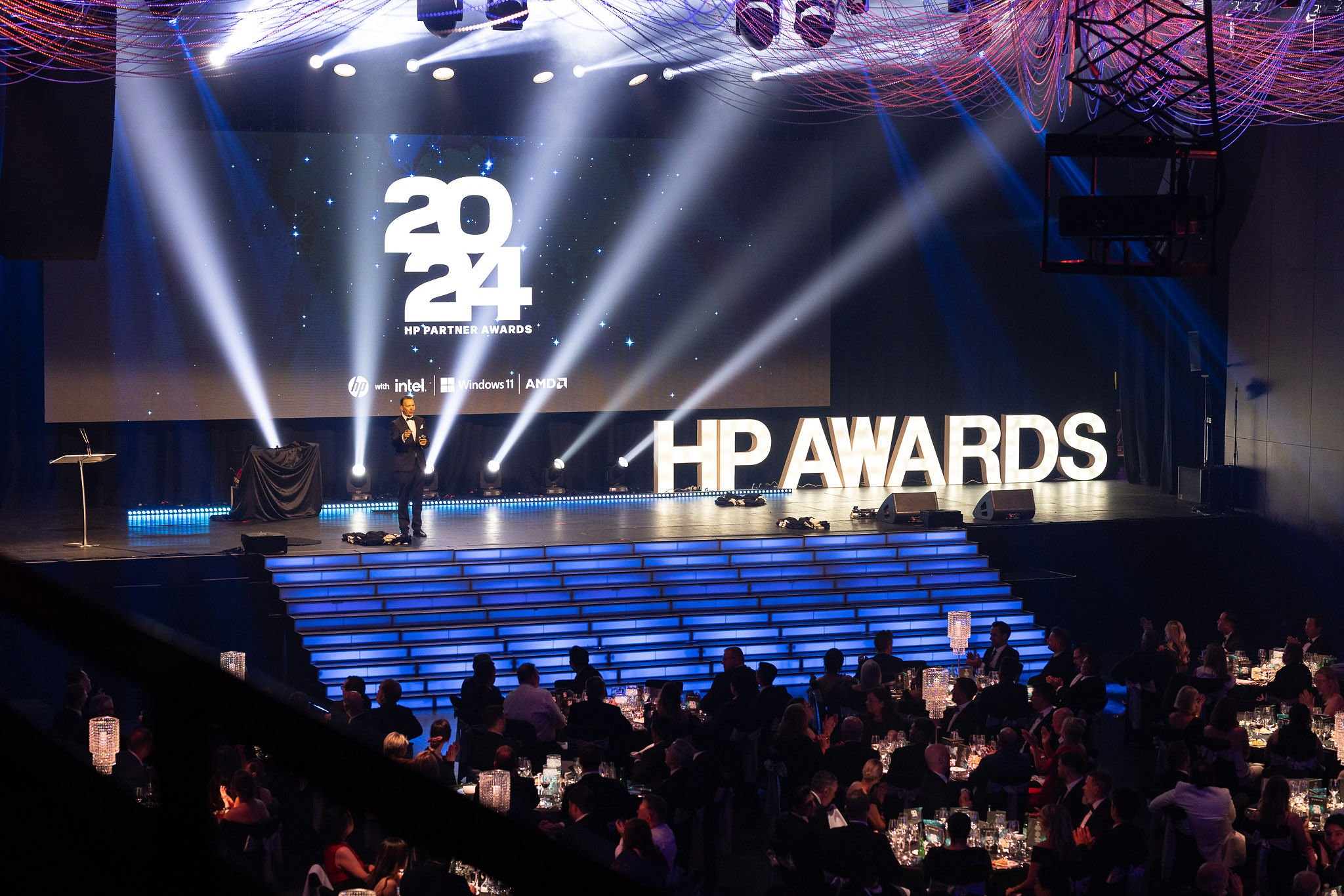
- Select a language for the TTS:
- UK English Female
- UK English Male
- US English Female
- US English Male
- Australian Female
- Australian Male
- Language selected: (auto detect) - EN
Play all audios:
HP who are in the throes of launching new notebooks in Australia has admitted that Trump tariffs are causing pain at the big PC Company and that ‘Economic uncertainty” is a problem. This has
led to the US PC maker slashing forecasts resulting in the Company’s shares falling 15% in extended trading last night. Demand for computers is being hurt by rising economic uncertainly
tied to tariffs, the impact of which was greater than the company expected when it gave its earlier forecast, Chief Executive Officer Enrique Lores said in an interview. As a result, the
company is boosting production in Vietnam, Thailand, India, Mexico and the US. HP EliteBook 830 G8. By the end of June, almost all products sold in the USA will be made outside of China, he
said. Going forward he predicted that the PC market will grow at a more moderate pace because of the slowing economy. “Clearly the economic environment is very different now from what it was
in February and consumer, and some business confidence has clearly changed,” Lores said. Apart from a weaker economy, industrywide price increases are hurting demand, he said. “We thought
it was important to be prudent.” The stock closed at $27.20 in New York and has declined 16% this year. In the quarter ended April 30, revenue increased 3.3% to US$13.2 billion, slightly
above the average estimate of US$13.1 billion. Analysts claim that a recovery in the struggling PC market has started to materialize in recent quarters, but tariffs are derailing progress.
Shipments of PCs ticked up 4.9% in the March quarter, according to research group IDC. They claim that some of that may be due to customers making purchases ahead of Trump’s tariffs
announced on April 2. Revenue in HP’s personal system business, which includes PCs, increased 7% to $9 billion. Analysts, on average, estimated $8.8 billion. Lores said HP saw a “fairly
small” impact from customers moving up purchases. “We expect to fully mitigate the increased trade-related costs” by the fourth quarter, he said. About Post Author David Richards David
Richards has been writing about technology for more than 30 years. A former Fleet Street journalist, he wrote the Award Winning Series on the Federated Ships Painters + Dockers Union for the
Bulletin that led to a Royal Commission. He is also a Logie Winner for Outstanding Contribution To TV Journalism with a story called The Werribee Affair. In 1997, he built the largest
Australian technology media company and prior to that the third largest PR company that became the foundation company for Ogilvy PR. Today he writes about technology and the impact on both
business and consumers.



